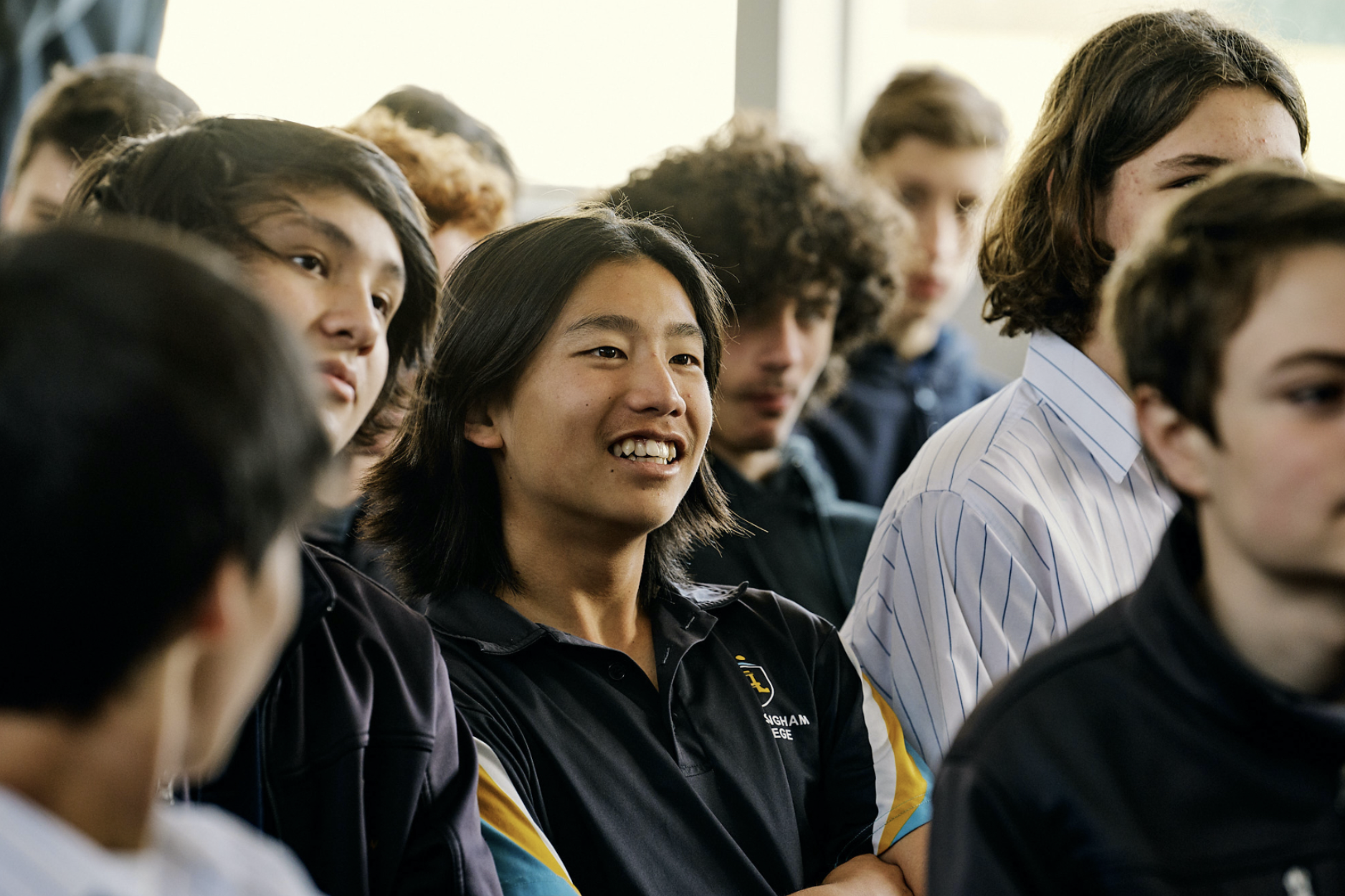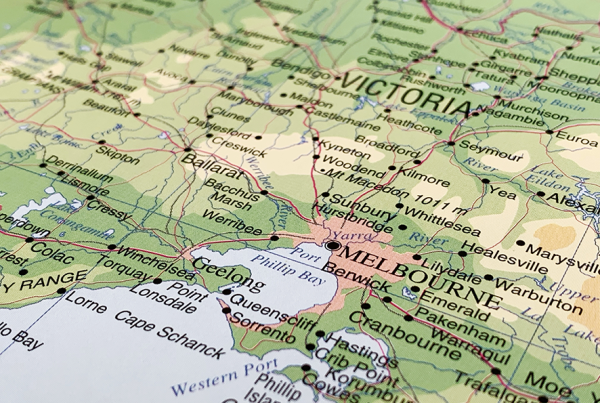The Man Cave is a leading, Australian-based preventative mental health and emotional intelligence charity that empowers communities to raise generations of healthy young men. We run transformational masculinities programs for hundreds of teenage boys every week, and we see inside their unfiltered internal worlds in each and every program.

What are some of the issues facing teenage boys at the moment?
The last two years have seen a lifetime’s worth of traumatic experiences packed into 24 months. The lengthy lockdowns of 2021-21 led to months of remote, online learning for students and teachers and deprived young men of their typical outlets and support mechanisms.
As a result of this, we have seen teenage boys become dazed and disempowered. They’re struggling to stay motivated, needing to re-learn how to socialise with each other when returning to school, and feeling unable to engage meaningfully in conversations about critical topics such as consent and mental health.
What has The Man Cave observed in boys’ mental health since schools reopened?
Young men have spent significant periods of time locked down at home learning through a screen, during a time in which they would usually be undergoing crucial social and emotional development in school environments.
This year, we have worked with teenage boys from Year 7 right through to Year 12. For the former, the last time they had a ‘normal’ school year was Year 4; for the latter, it was Year 9.
It is no wonder that we’re hearing from parents, teachers and educators of behavioural challenges amongst boys, including absenteeism, low levels of engagement and a lack of respect for those around them. Many boys are also struggling with their mental health.
Encouragingly, however, we have seen multiple examples every week of teenage boys’ resilience and innate strengths; they’re reconnecting with their mates, showing support for one another, and sharing openly about their experiences.
What impact does having healthy relationships have on young men’s mental health?
Studies have shown that one of the most crucial defenses against poor mental health is the strength of the relationships in our lives. Our own research, conducted alongside Swinburne University Associate Professor and Clinical Psychologist Dr Katie Wood, has found that many teenage boys feel that their relationships are strong but shallow.
We see boys genuinely wanting to support each other and be healthy members of their communities, but they still feel a lack of permission to ‘take off the mask’ and talk about how they are really going. They also feel confusion about their roles in society and a lack of belonging.
It is apparent that young men are not building friendships that will be able to support them through challenging life events. As a result, they are staying quiet, not realising their friends can be one of the best places to get support.
What can we do to help our young men?
Our programs provide young men with the opportunity to interrupt these narratives; 95 per cent of teenage boys say they would recommend The Man Cave to their peers, 86 per cent better understand how the stereotype of ‘being a man’ can negatively impact their mental health, and 84 per cent want to redefine the stereotype and create their own version of healthy masculinity.
We provide teenage boys with healthy male role models, impactful programs and resources that give them a safe space to unpack their experiences and make sense of the world around them. We are in urgent need of more of these opportunities, because otherwise boys will be left behind. We can’t leave their development to chance.
To learn more about our programs for young men or professional development training for adults, visit themancave.life. We currently offer face-to-face programs in Victoria and NSW but provide professional development opportunities for teachers and educators everywhere.
Hunter Johnson, CEO and founder of The Man Cave










